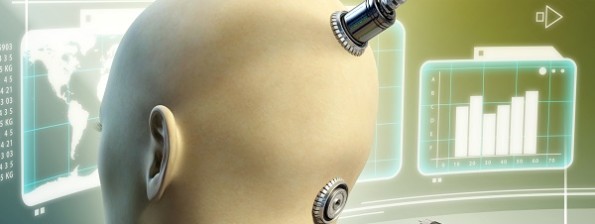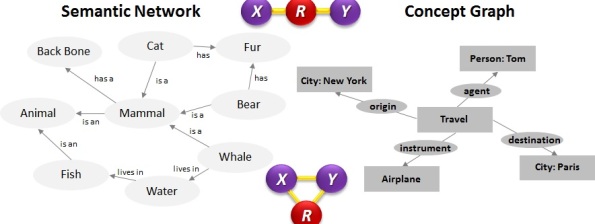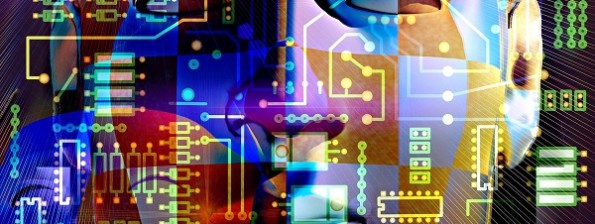Category Archives: Learning
14 Jan Segregating Layers of Intelligence

Layered Architectures Layers appear regularly in my blog, whether it’s layers of the brain, layers of processing nodes in artificial neural networks or layers in systems architectures. Layering embodies important patterns in the inexorable move toward a knowledge economy with knowledge systems. In today’s post, I’m going to talk about what layering brings to enterprise […]
27 Dec Visualization Deception

The differences between the way computers think about things and the way humans process information can create significant dissonance and opportunities for misunderstanding. Both are in the business of finding answers, but approaches differ. While for humans, things we see with our eyes may be earliest and foremost in our thought process, it is almost always the […]
23 Dec Visual Knowledge Dimensions

Visualizing knowledge in graphs and charts empowers decision makers by giving them actionable knowledge in understandable format. To make this most effective, the labels on the graph must provide clearly defined context cues that make it easy to interpret. Converging data strategies using Big Data (Hadoop, NoSQL, Cassandra, MapReduce…) can change the way we access content […]
10 Dec Measuring Knowledge

Sometimes you need to know about your knowledge. When you’re in the middle of trying to build a system that knows stuff, you may ask, how much does the system know after this training or learning cycle as a percent of the total knowable amount? When we test students in their learning cycles, we use a […]
21 Oct Fuzzy Interconnectedness

Fuzzy and Interconnected Techniques Section 5 suggests that the software of cognition is very fuzzy and able to operate efficiently even without having complete or totally accurate information. We said that we want to replicate that flexibility. We spoke in Section 7 about different fuzzy approaches for representing and processing information. These approaches include artificial […]
17 Oct Neural Conceptual Dependency

Conceptual Dependency Much of this blog has been about knowledge representation: how the brain might learn and process it, how cognitive functions treat knowledge, and now, how computers may store and process it. Conceptual structures and conceptual dependency theories for computation have been useful for categorizing and representing knowledge in intuitively simple and cognitively consistent […]
08 Sep Gnostic Learning Model

In prior posts in this section, and periodically in other sections of my blog, I have been exploring how humans learn, and how we might replicate those processes in computer software or (less likely) hardware. The context of the learning, or knowledge acquisition, upon which I choose to focus is language learning. While knowledge acquisition is much broader, this is an […]







